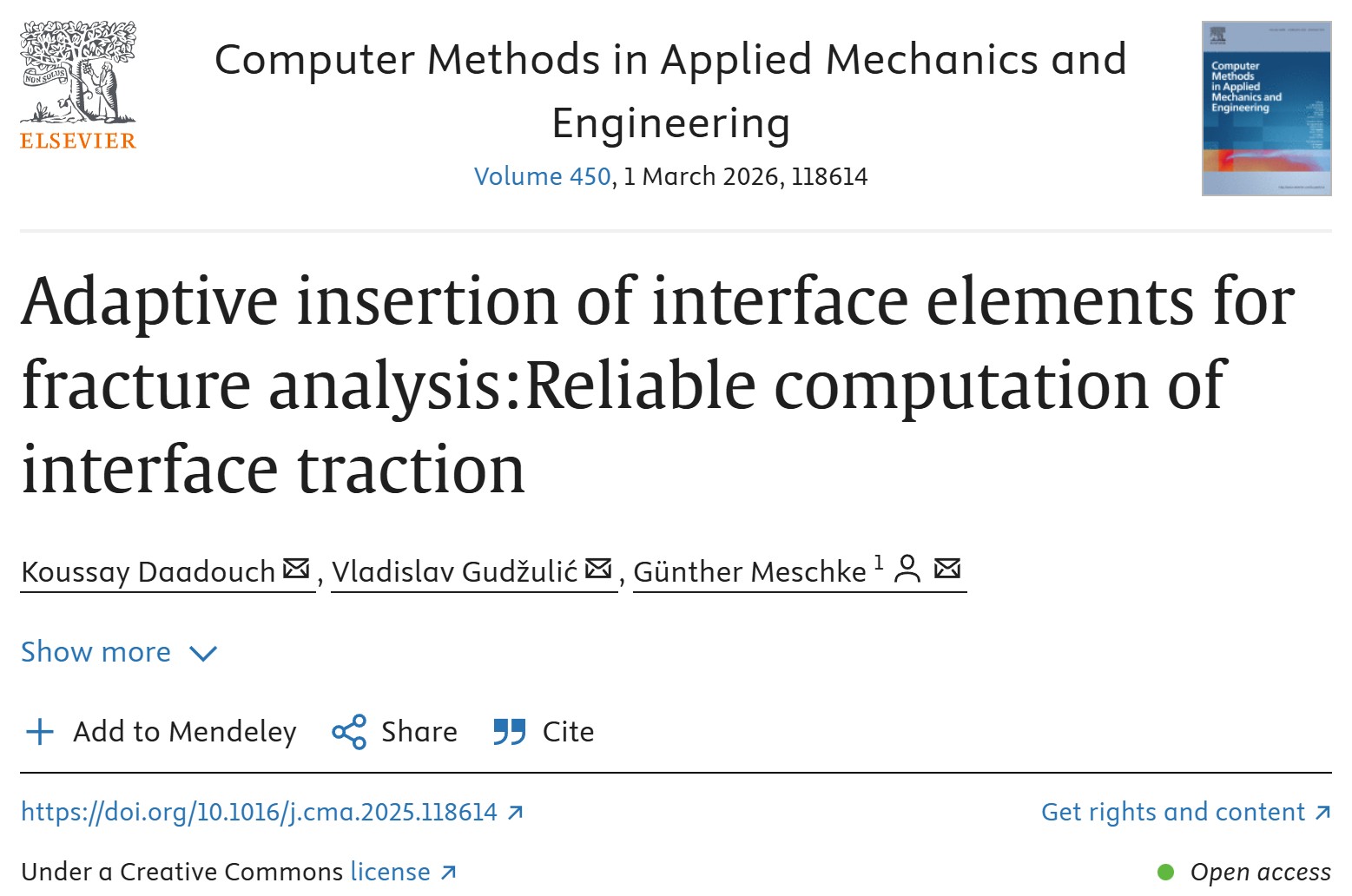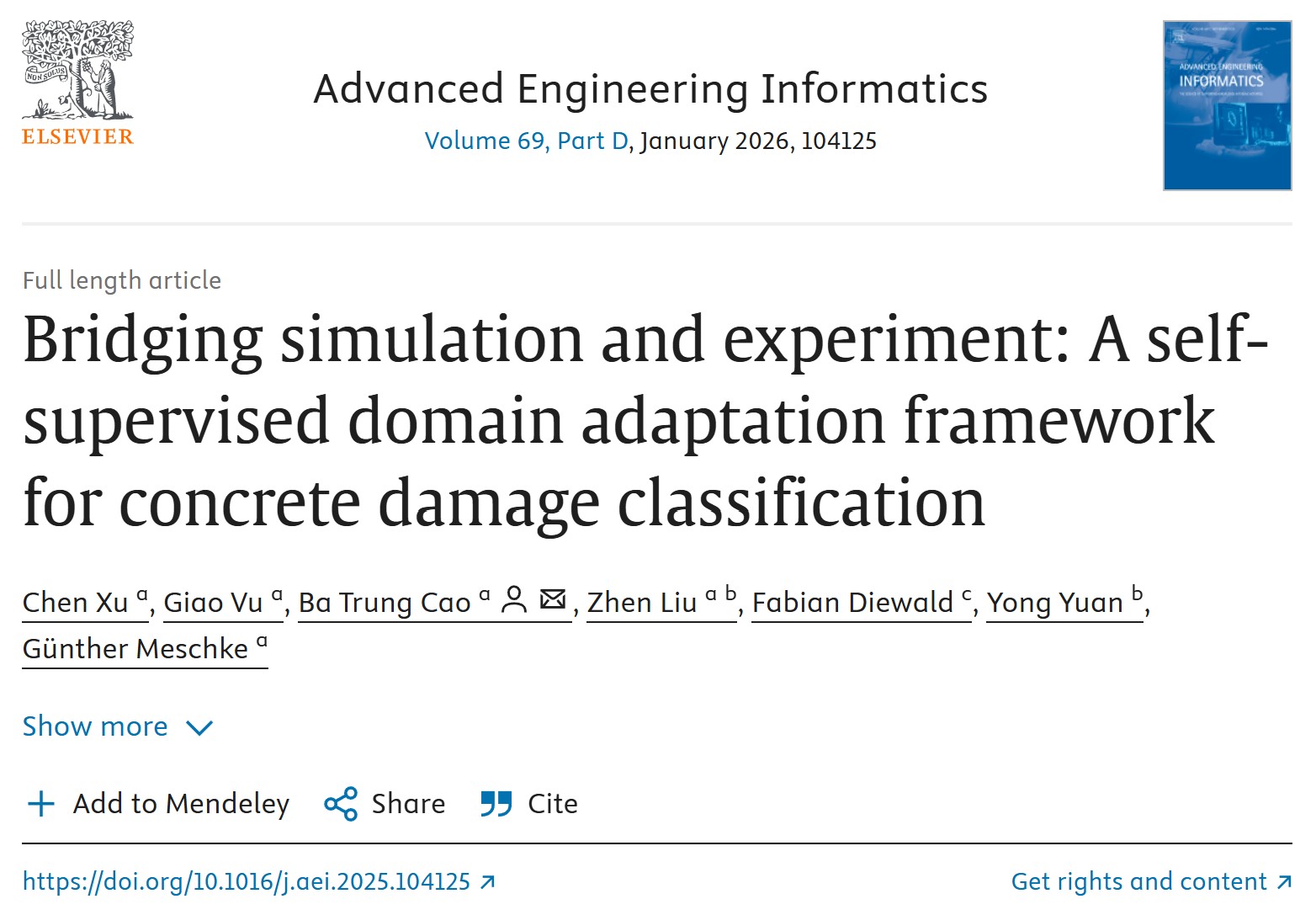
15.02.2016
Dr. J.T. Birkholzer from Lawrence Berkeley National Laboratory, USA will hold a guest lecture in the framework of SFB 837 about 'Overview of Subsurface Geosciences at Berkeley Lab with Focus on Nuclear Waste Disposal '.
This presentation will provide an overview of cross-cutting subsurface energy research conducted at Berkeley Lab. Subsurface energy resources (primarily hydrocarbons but also geothermal energy) currently provide or enable more than 80% of U.S. primary energy, and the trend of relying on the subsurface to meet U.S. energy needs is expected to increase. The subsurface is also a vast reservoir that can be used for the transient storage of energy and for the permanent disposal of energy waste streams (such as CO₂ and nuclear waste). However, the complexity and difficulty involved in characterizing subsurface reservoirs hinder our ability to utilize the full potential of these systems, and thus to deliver critical subsurface energy solutions. Berkeley Lab is at the forefront of tackling the scientific and technical challenges to managing and optimizing subsurface utilization while minimizing environmental impacts. This requires integration across a wide range of interdisciplinary expertise, including multiphase flow, reactive geochemistry, imaging of the subsurface, and geomechanics.
A particular focus of the presentation will be on Berkeley Lab’s research related to nuclear waste disposal. After being a key contributor to the research and licensing activities for the proposed Yucca Mountain repository, Berkeley Lab is now conducting research and technology development to enable long-term disposal of used nuclear fuel and wastes in alternative host-rock environments (e.g., shale, salt rock, crystalline rock). Examples of research foci include the near-field rock damage and potential transport pathways induced by repository construction and waste emplacement, the impact of such damage on radionuclide transport in different components of engineered barrier, and long-term performance assessment studies on the suitability of alternative repository locations and designs. Advanced methods for monitoring and simulating relevant coupled processes are tested against data from large in situ experiments conducted in subsurface field observatories.
SFB_837_Gastvortrag_Birkholzer.pdf

"Adaptive insertion of interface elements for fracture analysis: Reliable computation of interface t
more...
Chen Xu, Giao Vu, Ba Trung Cao, Zhen Liu, Fabian Diewald, Yong Yuan, and Günther Meschke are the au
more...